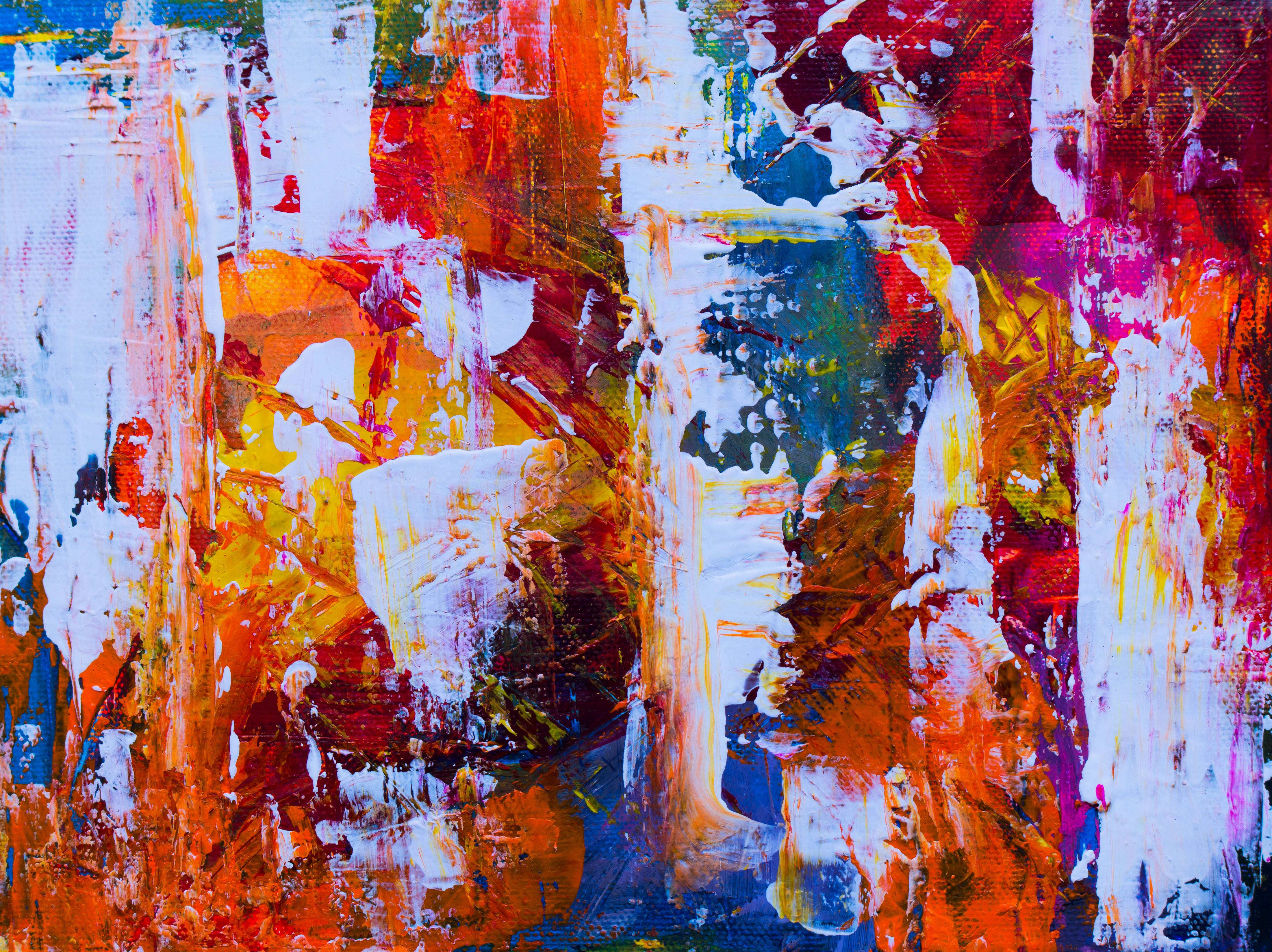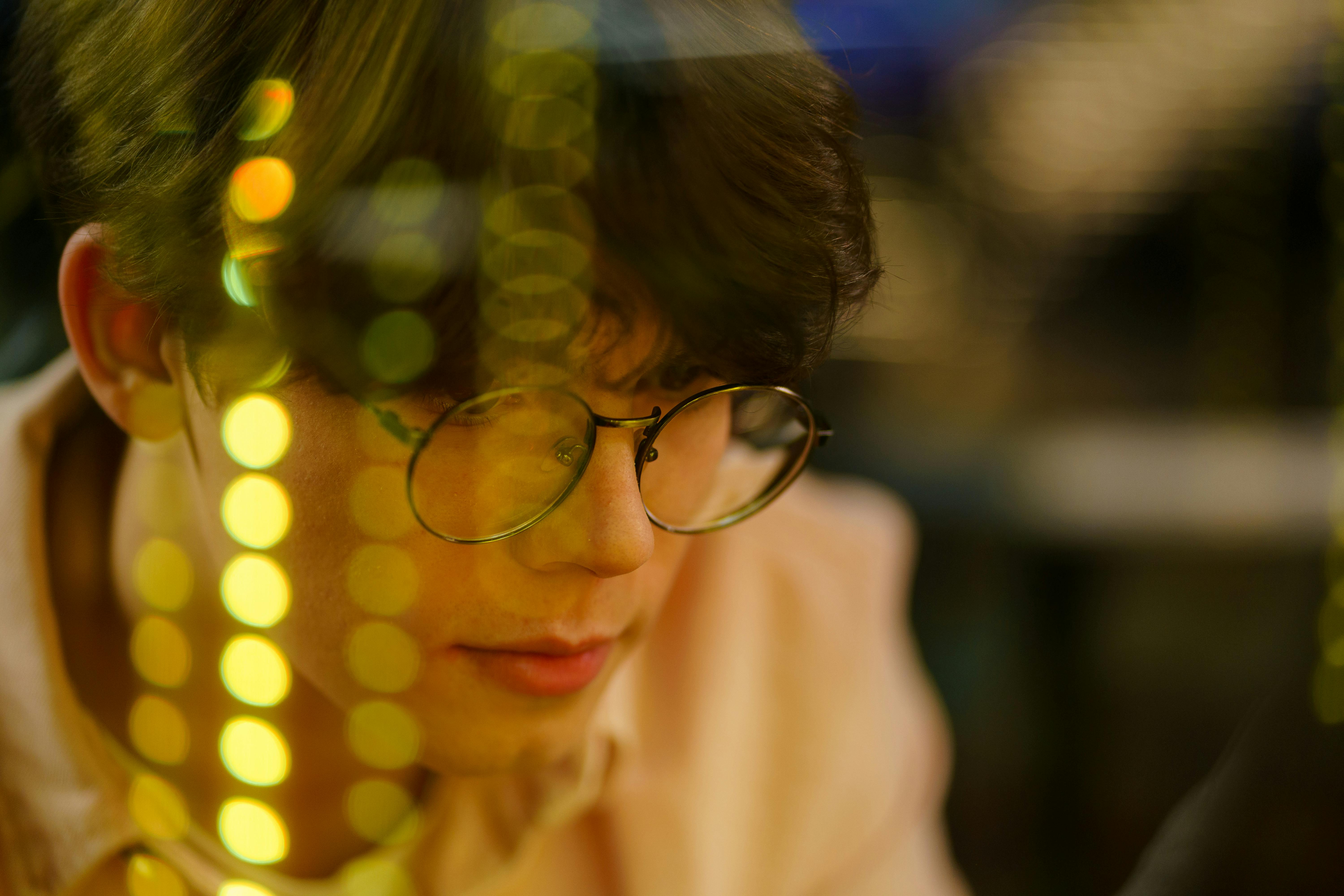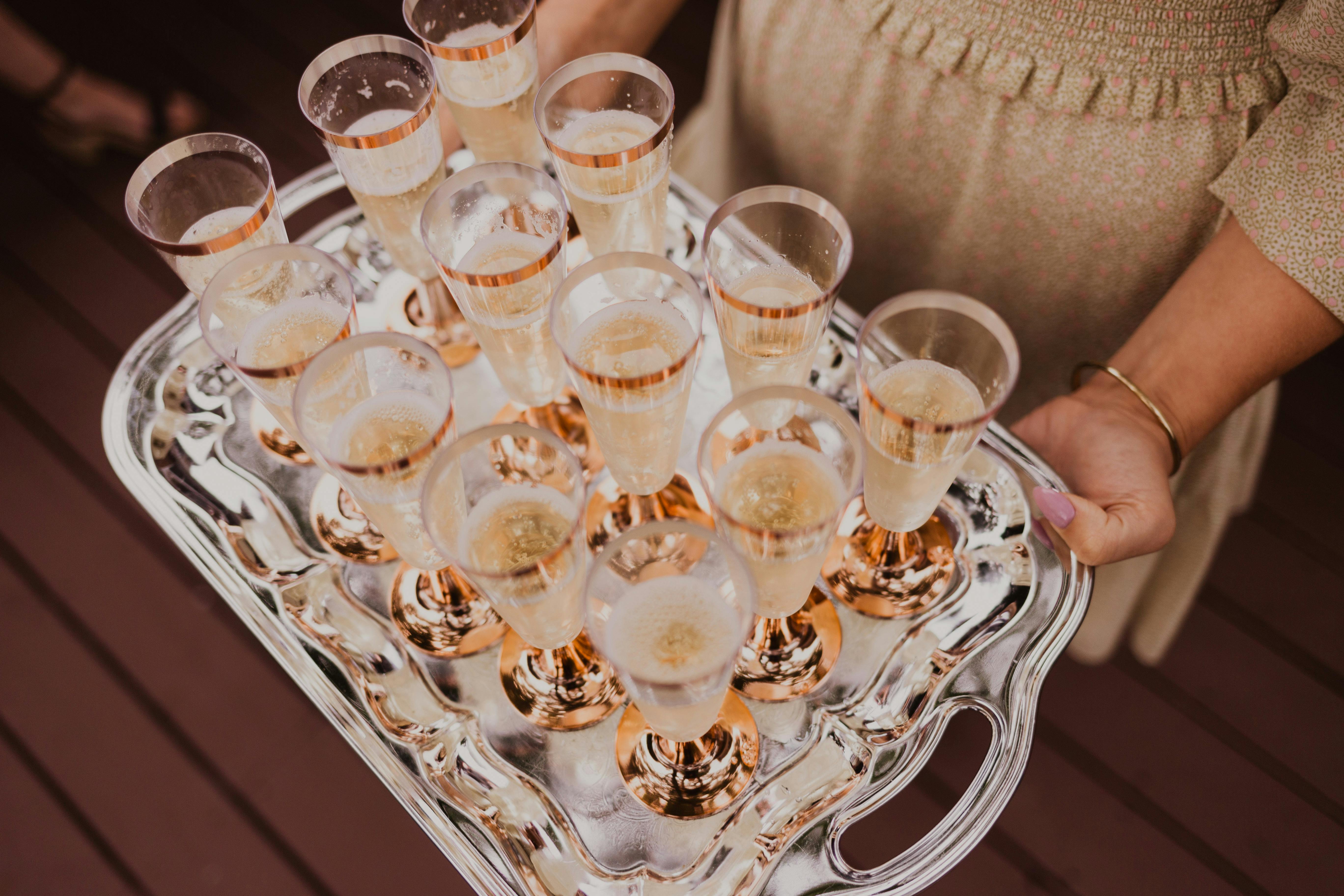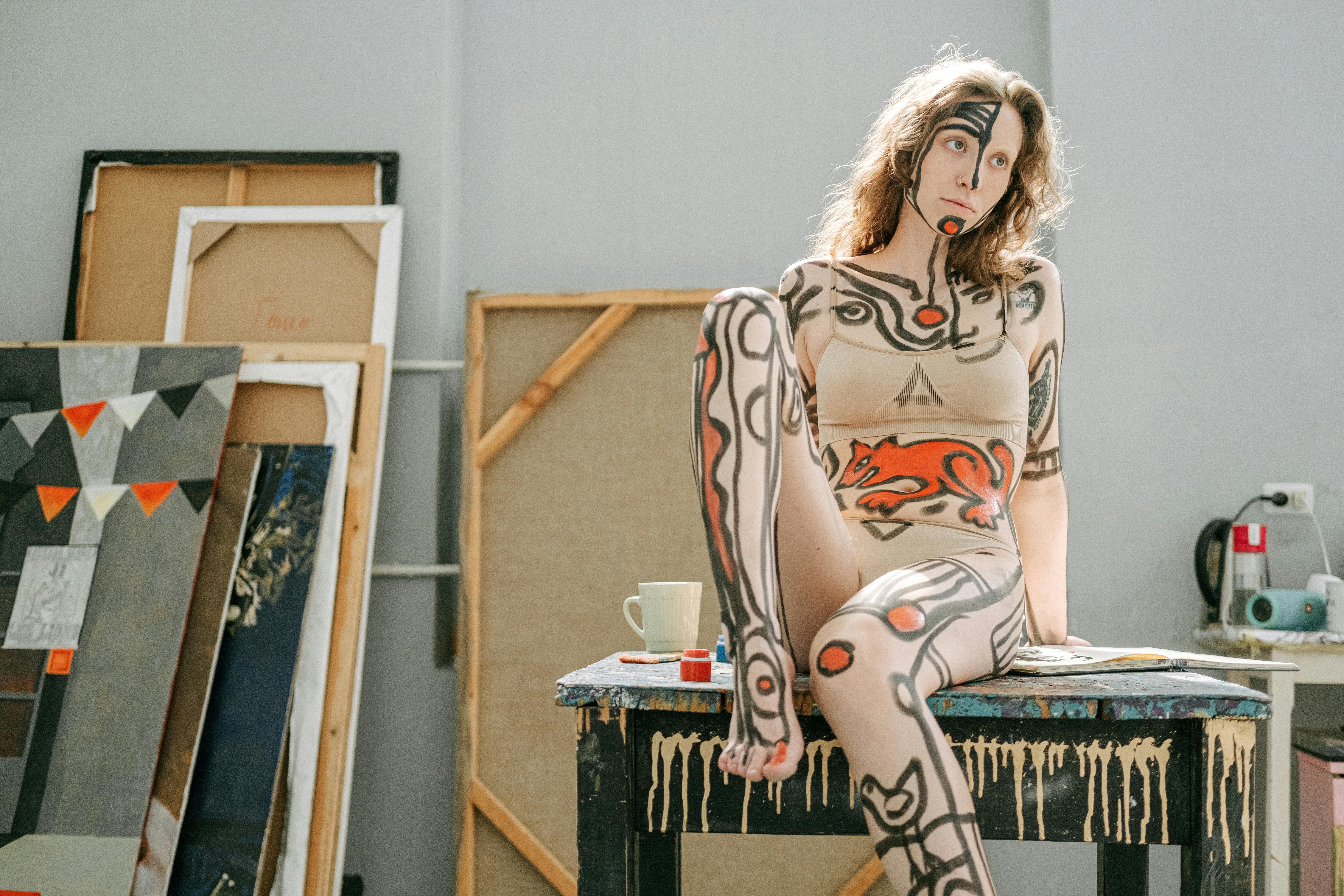We were very lucky to sit down with Ms. Shubhangi, a Marie Curie Fellow, a research scientist and microbiologist. Read on as we discover what honed her interest in science, specifically microbiology, and how she came to be a Marie Curie Fellow. Along with the ups and downs of her journey to become a research biologist.
What inclined you towards science?
While many of the green-eyed Gen Xers couldn’t fathom a world before the internet, Shubhangi considers herself lucky to have been born in an era where there were no Facebook, no iPads, and no computers. Therefore, when she was a child, to learn and understand the world around her back then, all she had to do was run out and get her hands dirty.
“My parents always encouraged me to do whatever I wanted to do”
Fascinated by the secret workings of the world around her, she had a natural inclination towards science. A particular case that she remembers when she was a child is being hypnotized by the process of metamorphosis. She therefore performed her own experiment with a caterpillar in a jar. That after weeks she became a butterfly. She was amazed at what she had witnessed. So it was at this point that she had decided that this was what she wanted to learn, to study how things change from one to another and how everything is connected in one way or another.
How then did you decide on the field of microbiology?
“The real world begins when you complete your education and make your first career decision,” he joked. After school, a naive desire to help others was what led her to her last two career paths; a doctor or a researcher. Like many science students, she took the Central exam to be a doctor as soon as she finished school. She, however, chose to be an investigator, as it allowed her a greater expanse and wider reach than the other path.
microbiologist, story time, sail interviews, bangalore sail interviews
He later turned to botany at a time when the subject was considered dead, if not ancient, by all. Although everyone felt that she was making a mistake by choosing botany, the support of her parents helped her get through the end of her teachers.
After studying botany while conducting a soil experiment, he learned about microbes and their extensive role in various life cycles. This made him wonder how something so small could have such far-reaching and drastic effects and be so important in the circle of things. After a brief discussion with a professor, she became intrigued with the microbial side of things. She came to understand that life could be greatly improved through research in the field of microbiology.
And did the prestigious Marie Curie fellowship come as naturally to you as science?
“Not at all” she smiled. The story behind that is as follows. Upon completing her master’s degree and looking for internships, the director of her institute suggested that if she was really interested in research and development (R&D), it would be better for her to seek internships abroad. She hadn’t thought of that and she tried. Therefore, when preparing SOPs, research proposals, etc. She began her first frontal contact with the scientific world. She began to read and review the literature and eventually wrote her first research proposal to hundreds of professors around the world. She later she was selected for an internship in Germany. And she loved everything about it. Therefore, she soon after decided that Germany was the place where she would like to grow her career. After reversing this decision, she applied for various scholarships like DAAD, wrote proposals, etc. Ella 5 years after being rejected twice and bouncing around in jobs that taught her a lot. She finally had the opportunity to be a Marie Curie fellow.
One of the most prestigious scholarships in the world. Which doesn’t give you a scholarship just to complete your Ph.D., but is more of a training network that empowers people to become the next generation of researchers in their respective fields. They train you to practice what you learn in a lab and apply it in the real world where you might help create a product through your research.
On being a research scientist.
Being a research scientist means taking on an enormous amount of responsibility, he says. One has to view his work critically and analyze and criticize it in the right light. In addition to appreciating it in the right light. As each project is unique. No one has done it before you and no one will do it after you. Many other projects would also emerge from the research itself. All financed with public money. Therefore, your research is responsible. You are responsible. A research scientist lives it with responsibility, hard work and collaborations, in short, it is about balance. This balancing act is too much for most, which is why many abandon their doctorates after a while.
Your views on automation.
The computational parts of the job are increasing and that’s for the better, as you no longer need to be the muscle, but only the brains behind the experiment and research. Most fields of research have become extremely interdisciplinary, and therefore at some level or another of your research, you will need the facility of computation. Similarly in biology, computational biology. In fact, in the last ten years we have collected more information than in the last three decades due to the ease of computational biology and automation.
Any advice you have for students and teachers?
microbiologist, story time, sail interviews, bangalore sail interviews
“To students, I would tell them to make a lot of mistakes. Until you know what’s wrong, it’s impossible to learn what’s right. Be curious, and if you’re not, be curious. Get your hands dirty. You want to know how something works.” “Open it. Don’t be afraid to fail. Persist in your efforts and if that doesn’t work then persevere.” He asks teachers to take the practical aspects of the subjects more seriously, since once someone does something with their own hands, they automatically think about it, why does it happen, how does it happen? And so they are taught ‘how’ to think and not ‘what’ to think
Have you noticed any important differences between the research here and in Germany?
“The people there are not afraid, they have the courage to say ‘I don’t know, but I’m willing to find out.’ Everyone is comfortable with the fact that no one knows everything, but we are all in a constant state of learning and evolving and therefore accept “I don’t know” as a valid answer. Compared to India, where saying the words “I don’t know” could mean the end of your academic competition in the eyes of your peers and professors.




Recent Comments